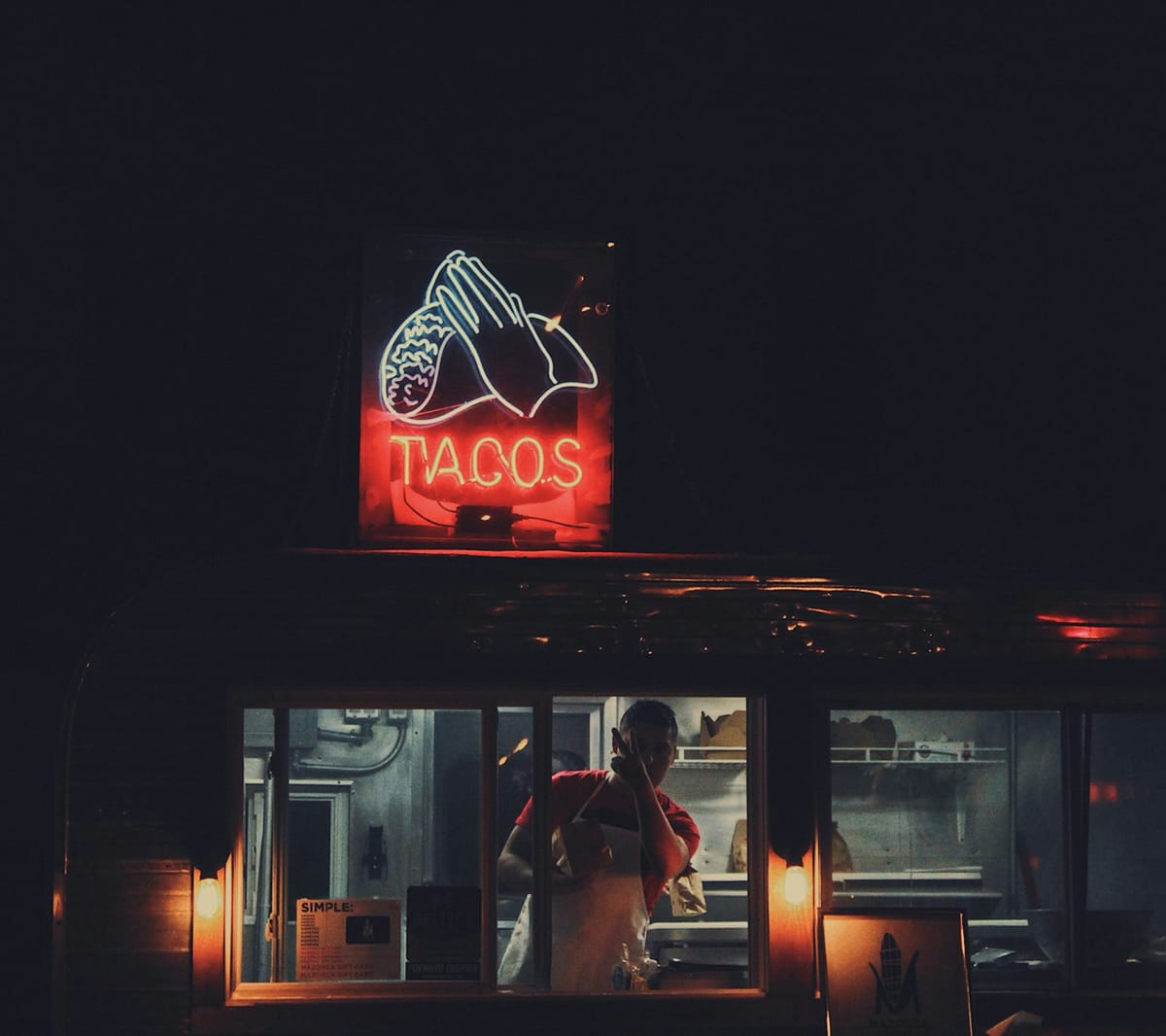Food Truck Owners Win Injunction Against Jacksonville Sign Restrictions

JACKSONVILLE, N.C. — A North Carolina judge has temporarily blocked the city of Jacksonville from enforcing its food truck sign rules, marking a key development in a legal battle over local business regulations.
The preliminary injunction, granted Monday by an Onslow County judge, allows food truck operators to use larger and more visible signage while their lawsuit against the city moves forward. The decision comes nearly two years after the lawsuit was first filed.
Disputed Signage Rules
Before the injunction, Jacksonville limited food trucks to a single 5-by-5-foot sign placed within 20 feet of the vehicle. The rules also prohibited the use of electronic signs. The new injunction allows food trucks to display feathered signs up to 15 feet tall and use digital signage on the trucks themselves.
The Institute for Justice, a national public interest law firm, represents food truck owners Tony Proctor and Ray Raymond, along with property owner Nicole Gonzalez. Gonzalez wants to host food trucks on her property but says current zoning rules make that nearly impossible.
“Sign codes can make or break my business,” Proctor said in a statement released by the Institute for Justice. “This injunction will be a huge help.”
Constitutional Claims
The lawsuit argues that Jacksonville’s restrictions violate several rights under the North Carolina Constitution. These include free speech, equal protection, and the right to earn a living. The food truck owners say the city used its zoning code to unfairly shield brick-and-mortar restaurants from competition.
An earlier ruling had dismissed the case, but in December 2024, a unanimous panel of the North Carolina Court of Appeals reversed that decision. Judge Jefferson Griffin, writing for the panel, said the lower court had used the wrong legal test when reviewing the food truck owners’ claims.
“Plaintiffs argue the location restrictions prevent food truck operators from conducting business in approximately ninety-six percent of property located in Jacksonville,” Griffin wrote. He added that the complaint adequately alleged facts that, if true, suggest the city acted improperly.
Allegations of Unfair Competition
According to the lawsuit, Jacksonville's Unified Development Ordinance (UDO) was redrafted at the urging of restaurant owners who felt the original rules didn’t offer enough protection from food truck competition. As revised, the UDO bars food trucks from operating within 250 feet of restaurants, other food trucks, and residential areas.
The plaintiffs say that restriction makes most of the city off-limits.
Institute for Justice lawyer Bob Belden argued that the city council used its authority to protect certain businesses at the expense of others. “The trial court dismissed our claims that the Jacksonville City Council used its police power to choose winners and losers in a private marketplace,” Belden said.
Legal Challenge Moves Forward in North Carolina
The Appeals Court also revived claims that the city set food truck fees without a proper cost basis, instead relying on property tax comparisons to traditional restaurants.
The lawsuit will now proceed in trial court, where judges will consider the full range of constitutional and legal issues raised by the plaintiffs. For now, Jacksonville cannot enforce the disputed signage restrictions as the case unfolds.
